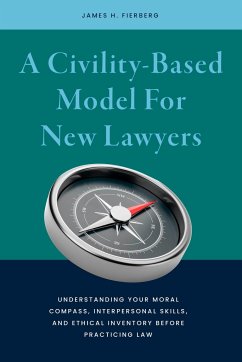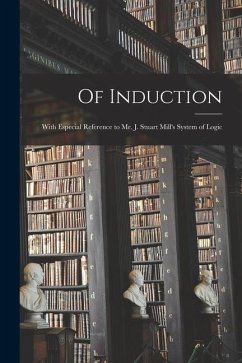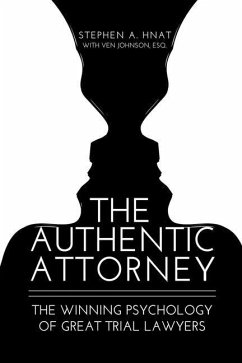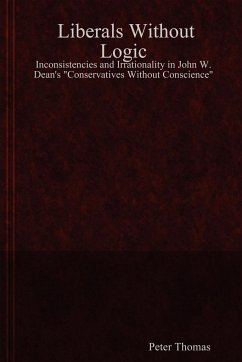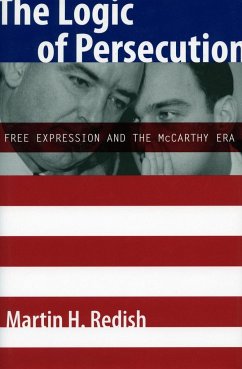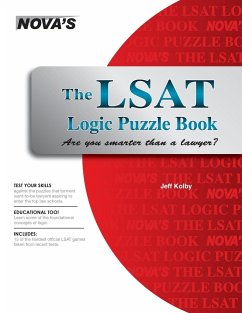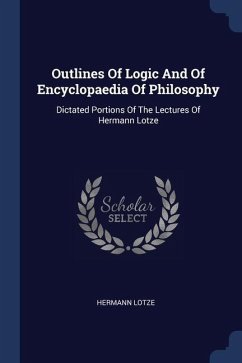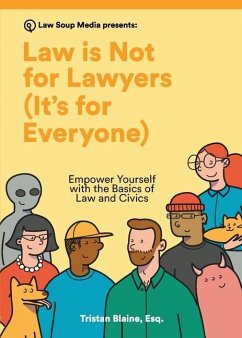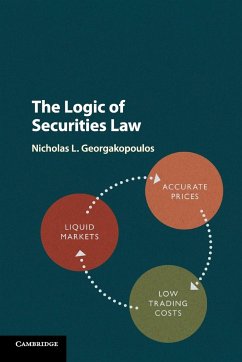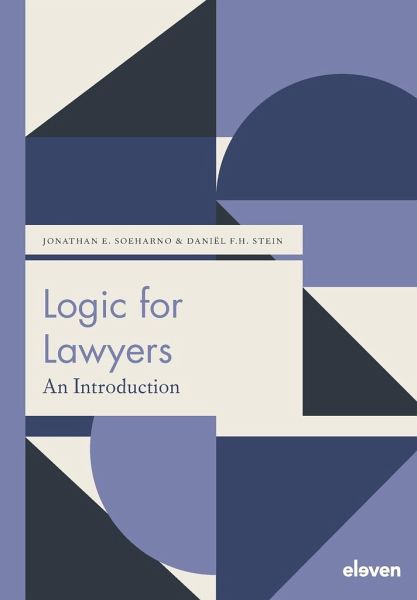
Logic for Lawyers
An Introduction
Versandkostenfrei!
Versandfertig in über 4 Wochen
41,99 €
inkl. MwSt.

PAYBACK Punkte
21 °P sammeln!
Logic for Lawyers offers an introduction to logic, tailored to legal practice. Logic is a basic tool for the legal professional. Law is an argumentative practice and therefore lawyers need to know how to argue. This book discusses the classical topics of logic - schemes of argumentation, syllogisms, fallacies and propositional logic - always with the use of practical legal examples. This book pays special attention to the role of logic in rhetoric too, as any lawyer would want others to accept the argument. Furthermore, this book has an in-depth section which discusses insights from modern log...
Logic for Lawyers offers an introduction to logic, tailored to legal practice. Logic is a basic tool for the legal professional. Law is an argumentative practice and therefore lawyers need to know how to argue. This book discusses the classical topics of logic - schemes of argumentation, syllogisms, fallacies and propositional logic - always with the use of practical legal examples. This book pays special attention to the role of logic in rhetoric too, as any lawyer would want others to accept the argument. Furthermore, this book has an in-depth section which discusses insights from modern logic - such as predicate logic and modal logic - again while using practical legal examples. This makes it an indispensable reference work for every legal practitioner.



